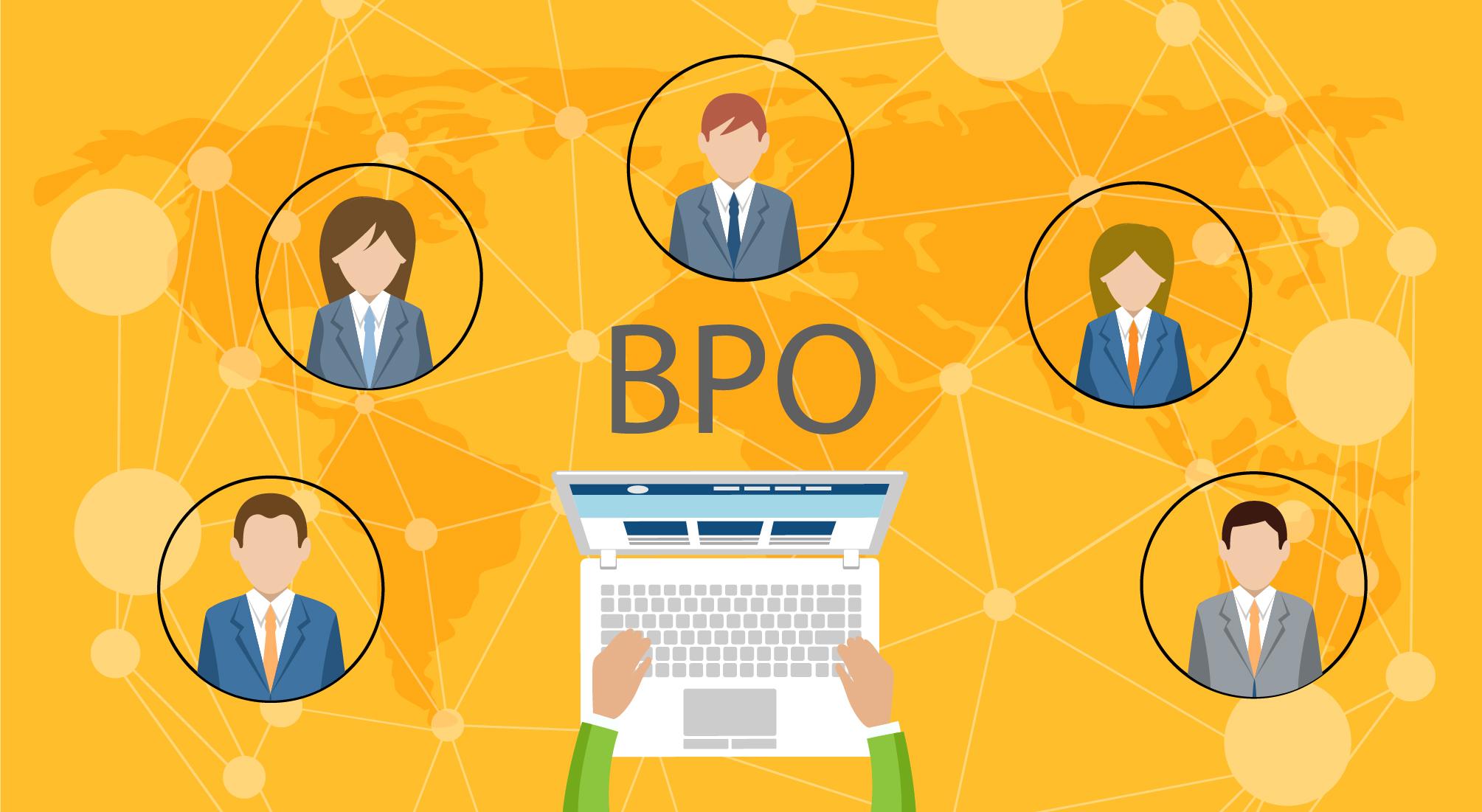Business Process Outsourcing - The Growing Trend in Supporting Businesses Globally

What is Business Process Outsourcing?
Business process outsourcing (BPO) refers to the practice of hiring an external service provider to run specific business functions or processes that would otherwise be handled in-house. Examples include payroll processing, human resources management, call center support, and transaction processing. By outsourcing non-core business activities, companies can reduce operating costs and focus internal resources on core competencies.
Cost Savings Through Efficiency and Economies of Scale
One of the primary drivers for companies to outsource business processes is cost reduction. Outsourcing providers are able to achieve economies of scale by consolidating specialized business functions for multiple clients. With higher volumes, providers gain efficiencies that allow them to offer the same services at lower unit costs compared to individual enterprises performing these functions internally. Standardizing processes also eliminates redundant costs from customizations required to integrate different systems. Cash flows improve as upfront capital expenditures shift to predictable operating expenses.
Access to Advanced Technology and Expertise
Leading Business Process Outsourcing vendors make significant ongoing investments in technologies like automation, analytics, cloud platforms, and artificial intelligence. This gives their clients access to capabilities far beyond what they could implement themselves. Specialized skills are also concentrated - contact centers employ experts in customer service, while finance and accounting teams have accountants and certified bookkeepers. Outsourcing leverages expertise that would be difficult for any single enterprise to develop in-house. Processes keep pace with industry advances as providers continuously upgrade their solutions.
Talent Availability and Flexible Resourcing
BPO addresses difficulties in recruiting and retaining talent for non-core functions. Resources can be scaled up or down on demand based on business volumes through flexible outsourcing agreements. This gives organizations varying levels of independence while reducing fixed personnel costs. Providers establish operations in locations with favorable talent pools and regulations. Contact centers, for example, may be based in countries with multilingual skills. Scaling talent globally through outsourcing opens up new viable markets.
Risk Mitigation and Compliance Support
Compliance with regulations like GDPR, PCI DSS, and industry-specific standards can be onerous for individual companies to manage on their own. However, it is at the core of BPO providers' operations. Their expertise and dedicated compliance programs help mitigate risks from non-adherence. Outsourcing also removes burden of maintaining specialized infrastructure for business functions. Capital is freed up for strategic priorities while operational risks transfer to well-established third parties. Service level agreements ensure responsibilities are clearly defined.
Focus on Core Competencies
By outsourcing non-core activities, management and employees can concentrate expertise entirely on the areas that generate most value. Resources are not strained maintaining business support operations. Innovation accelerates when the organization focuses on its unique strengths rather than processes common across industries. Synergies increase through tighter collaboration between relevant internal teams without distractions. This competitive differentiation allows businesses to better execute their missions and strategically adapt.
Security and Data Protection
As data becomes a more valuable asset, data privacy and security are top concerns for companies. However, BPO providers make substantial investments dedicated to protecting sensitive information with physical, technical, and administrative security controls. Their systems and certifications meet rigorous global standards. Outsourcing to trusted partners can enhance rather than compromise security if internal controls cannot match specialized external resources. Proper vendor selection and contractual terms assure security remains a priority.
Emerging Areas of Growth for BPO
While finance & accounting remain leading domains, business process outsourcing adoption is expanding into new functional areas. Artificial intelligence capabilities are driving enthusiasm for automating knowledge work traditionally considered non-outsourcable. Legal process outsourcing is a rapidly growing sector as software and electronic discovery tools commoditize documentation-heavy tasks. Healthcare BPO addresses burdens from revenue cycle management and clinical administration to free up clinician time. As technologies evolve, the scope of viable processes for outsourcing will continue broadening. Globalization also creates additional opportunities for serving international markets through global delivery models
In today's digitally connected world, access to capabilities rather than direct ownership of resources differentiates sustainable organizations. By outsourcing non-core transactional operations to specialized global providers, companies unlock significant benefits around costs, expertise, risk management, and focus on strategic priorities. Business process outsourcing optimizes resources to support organizational goals more effectively while gaining ongoing advantages from industry innovations. Its advantages will likely ensure business process outsourcing remains a major global business services trend for the foreseeable future.
Get more insights on This Topic- Business Process Outsourcing
- Art
- Causes
- Crafts
- Dance
- Drinks
- Film
- Fitness
- Food
- Games
- Gardening
- Health
- Home
- Literature
- Music
- Networking
- Other
- Party
- Religion
- Shopping
- Sports
- Theater
- Wellness
- IT, Cloud, Software and Technology


